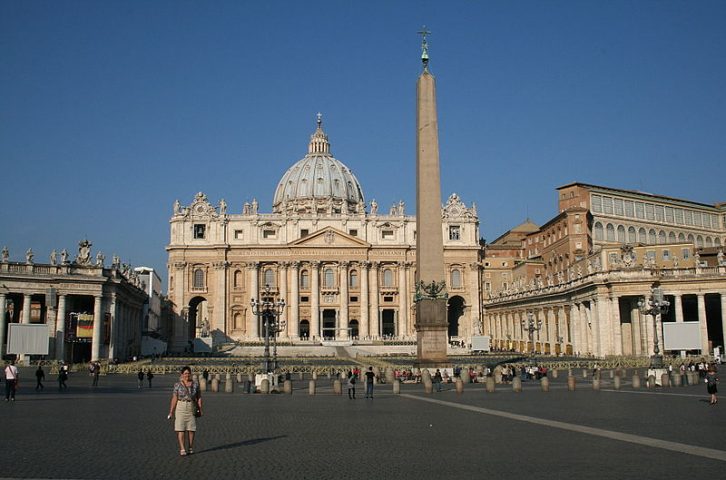By Nicholas J. Healy, Jr., Catholic World Report, Sept. 29, 2024
Nicholas J. Healy, Jr. is Associate Professor of Philosophy and Culture at the Pontifical John Paul II Institute in Washingon, D.C. Since 2002 he has served as an editor of the North American edition of Communio: International Catholic Review. He is a founding member of the Academy of Catholic Theology.
What exactly is meant by “synodality” or “synodal ecclesiology”? What are the specific proposals for implementing synodality at every level of the Church?
 St. Ignatius of Loyola’s first rule for thinking with the Church is: “We must put aside all judgement of our own, and keep the mind every ready and prompt to obey in all things, the true spouse of Christ our Lord, our holy mother, the hierarchical Church.” This loving obedience can be difficult; it requires discernment and a readiness to conform one’s thinking to the mind of Christ and his immaculate bride – sentire cum ecclesia. One of the difficulties today concerns the idea of “synodality” as concretized in the current multi-year synodal process. Many Catholics who want to think with the Church are both embarrassed by and deeply apprehensive of the steady stream of images and documents generated by the General Secretariat of the Synod of Bishops. We are embarrassed by the ugliness and ideological character of the images, by the low intellectual level of the documents, and by the displacement of a genuine sense of the Catholicity of the Church rooted in mystery of Jesus Christ by slogans about “acceptance”, “equality”, and the need to “embrace diversity”.
St. Ignatius of Loyola’s first rule for thinking with the Church is: “We must put aside all judgement of our own, and keep the mind every ready and prompt to obey in all things, the true spouse of Christ our Lord, our holy mother, the hierarchical Church.” This loving obedience can be difficult; it requires discernment and a readiness to conform one’s thinking to the mind of Christ and his immaculate bride – sentire cum ecclesia. One of the difficulties today concerns the idea of “synodality” as concretized in the current multi-year synodal process. Many Catholics who want to think with the Church are both embarrassed by and deeply apprehensive of the steady stream of images and documents generated by the General Secretariat of the Synod of Bishops. We are embarrassed by the ugliness and ideological character of the images, by the low intellectual level of the documents, and by the displacement of a genuine sense of the Catholicity of the Church rooted in mystery of Jesus Christ by slogans about “acceptance”, “equality”, and the need to “embrace diversity”.
In trying to understand the requirements of sentire cum ecclesia in this situation, it is helpful to recall the discernment undertaken by Henri de Lubac in the confusing period immediately following the Second Vatican Council. In particular, de Lubac criticized his confreres for adopting: …






